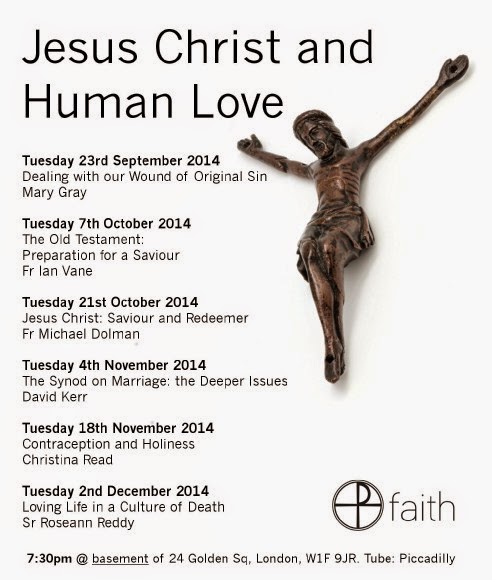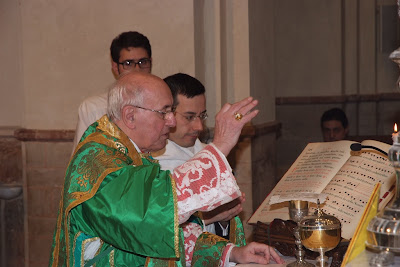Holy confessors and martyrs of Iraq, pray for us

Simon Caldwell recently published an inspiring account of elderly Iraqi Christians in the village of Karamless. (See: Elderly Iraqi Christians defy terrorists, flee to camp H/T Transalpine Redemptorists ) When the IS terrorists overran Karamless, on the night of 6-7 August, everyone fled except the elderly who were too weak to run. The masked terrorists demanded that they convert or be killed by the sword. All of the elderly people said "we prefer to be killed rather than convert." In the event they were ordered to leave the village with only the clothes they were wearing. This moving and inspiring story of courageous witness to Christ is redolent of the days of ancient Rome. Those who refused to deny their faith yet were not actually martyred yet were called "confessors" because of their stout confession of the faith. Penitents could go to them and ask for a note to say that the confessors had prayed for them; this note or " libellus pacis " could...


